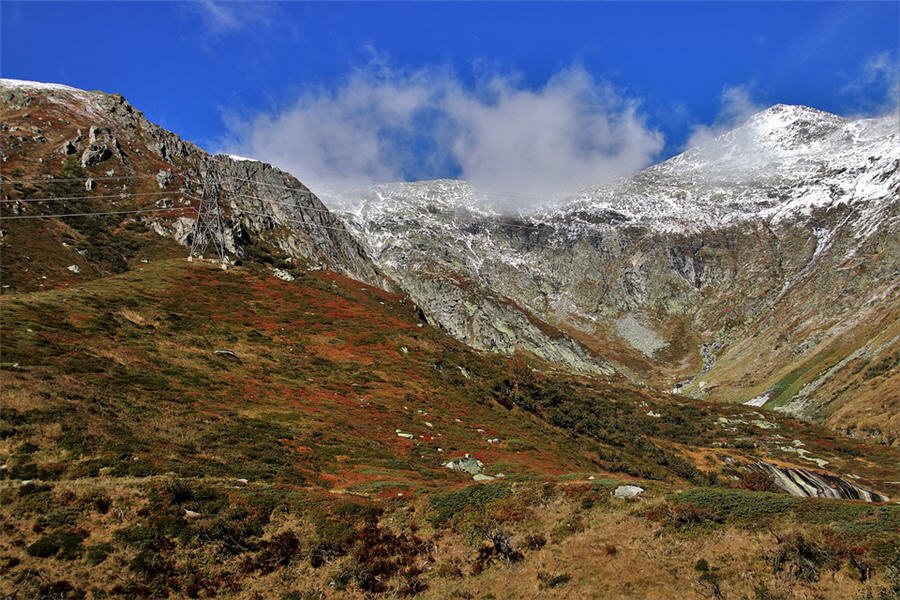Top 3 reasons to avoid running project cost estimates in-house

Cost estimating is a niche practice in any industry; however the mining business brings unique challenges. Cost estimating must be considered at nearly every stage of a project’s development to inform investors and to de-risk decisions.
Investors need the comfort of knowing that project decisions are as unbiased as possible, from the first resource definition through to development. Exploration and mining companies need the ability to make go/no-go decisions based on a sound combination of technical merit and economic understanding.
Given these needs, it is in the best interests of companies to select third party entities to conduct their cost estimates.
What is this cost to the company? It may very well exceed the cost to have an outside group perform the cost estimate, as well as critical time lost.
Here are three key reasons to avoid conducting in-house mine cost estimates.
Independence
Independence is, by far, the number one reason to use third parties for cost estimating. Governments and investors alike often require the independent, unbiased approach offered by a third party.
Cost of Cost Estimates
There are real costs associated with conducting project cost estimates in-house. These costs are directly related to the time required for gathering cost data and the subsequent process of developing a spreadsheet-based model for reasonable estimates. An individual dedicated 100% to the task of gathering costs and developing estimates may require months to complete the job, especially if the evaluator has not estimated costs for a project before. What is this cost to the company? It may very well exceed the cost to have an outside group perform the cost estimate, as well as critical time lost.
Expertise
Most mining engineers and many geologists and investment professionals are capable of conducting mine cost estimating tasks; however, it should be considered that unless these professionals are routinely involved in the process, aspects of the project may be missed in the estimate or the time involved with completing the task only serves to exacerbate the cost of cost estimates. Cost estimators that are well versed in the niche will be more thorough and less likely to make costly mistakes or omissions. They are also more likely to be efficient and expedient.
Superior third-party consultants have mining industry experience and are comprised of a team of experts with practical knowledge in geology, engineering, mine development, mineral processing, cost estimating, and economic analysis. They also have an inherent understanding of the broader implications for quality cost estimates in the early stages of project development.
Brad Terhune is a cost analyst/senior geologist with Mining Intelligence : [email protected]
More News
Contract worker dies at Rio Tinto mine in Guinea
Last August, a contract worker died in an incident at the same mine.
February 15, 2026 | 09:20 am
{{ commodity.name }}
{{ post.title }}
{{ post.date }}




3 Comments
George MacKenzie
sometimes it is difficult to distinguish between poor cost estimates and poor operating management
Art Easian
I disagree – Consultants move on but Company personnel can be held accountable for their estimates. NI 43-101 should simply allow an independent audit where there is a material change. Adding to the issue is the long lead time of development to production. An independent firm will move on and each change of independent consultants means a new team with new ideas. Every change of direction brings delays and higher cost. Let the mine team be accountable and a consulting firm do the audit. The mine team will then know exactly where the ore is and how to mine it.
ThaOracle
What if I were to tell you ……… that I also disagree and the exact opposite is true. I can list 10 or more reasons they should be done in-house – particularly as applied to resource models, pit design, and mining/processing/G&A operating cost estimates, and for that matter many aspects/disciplines within capital cost estimates. Considering the source/agenda of this article and having 35+ yrs experience split between both operations and engineering firms (small to multi-national), I have rarely come across a competent estimator with much if any operating/budgeting or estimating experience on the engineering side, or a firm willing to warrant their work product. I have however, come across a bushel basket full of bad estimates and a nearly universal lack of accountability.